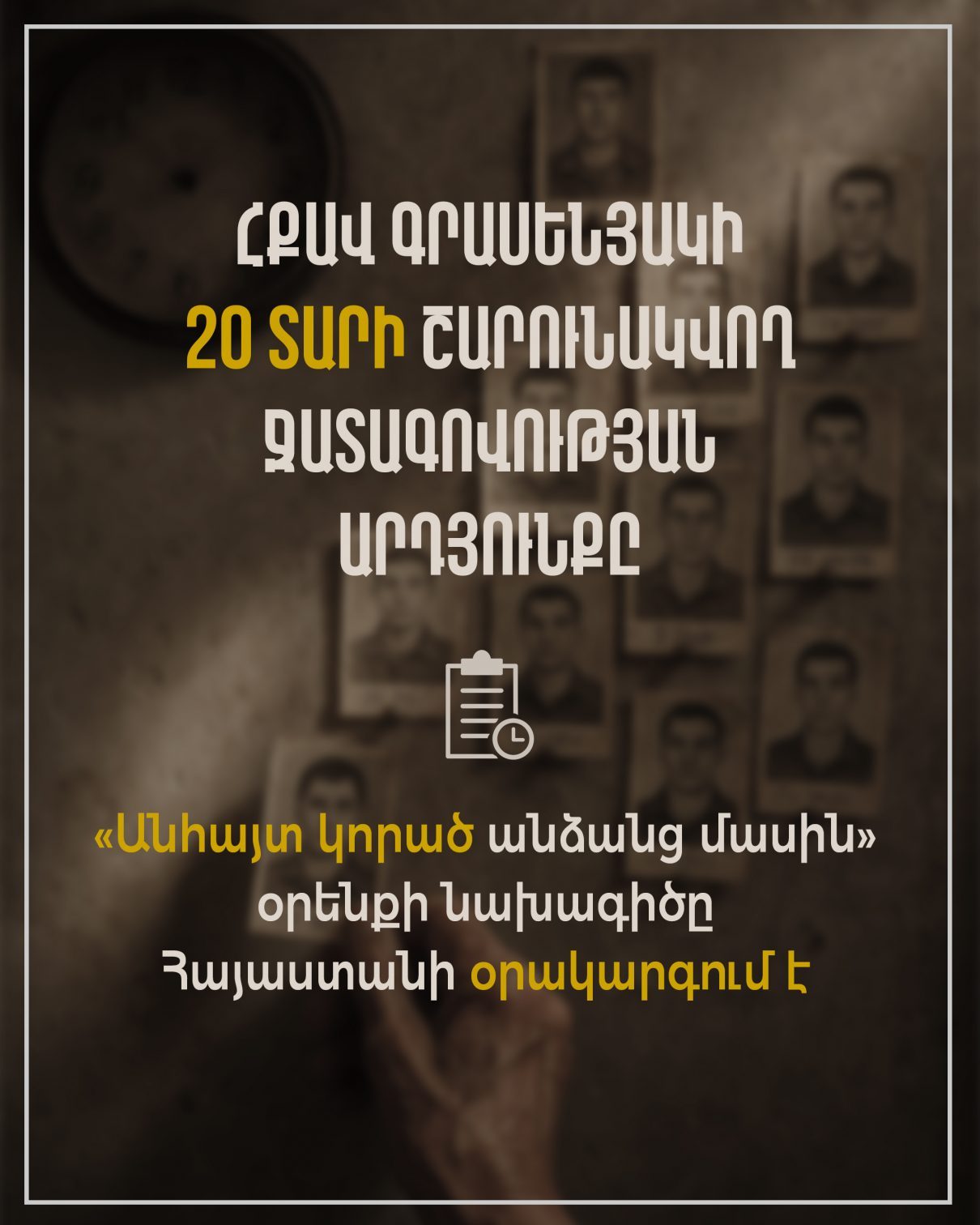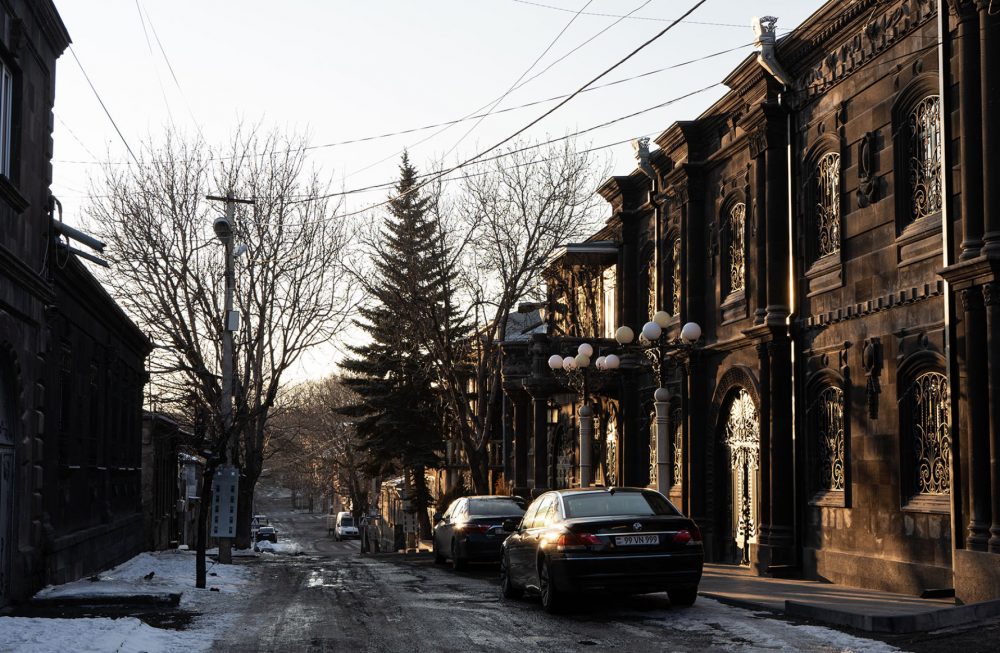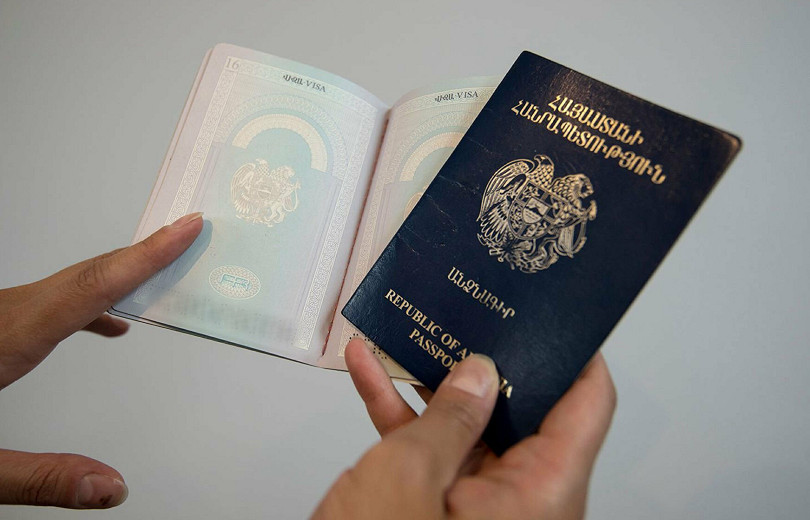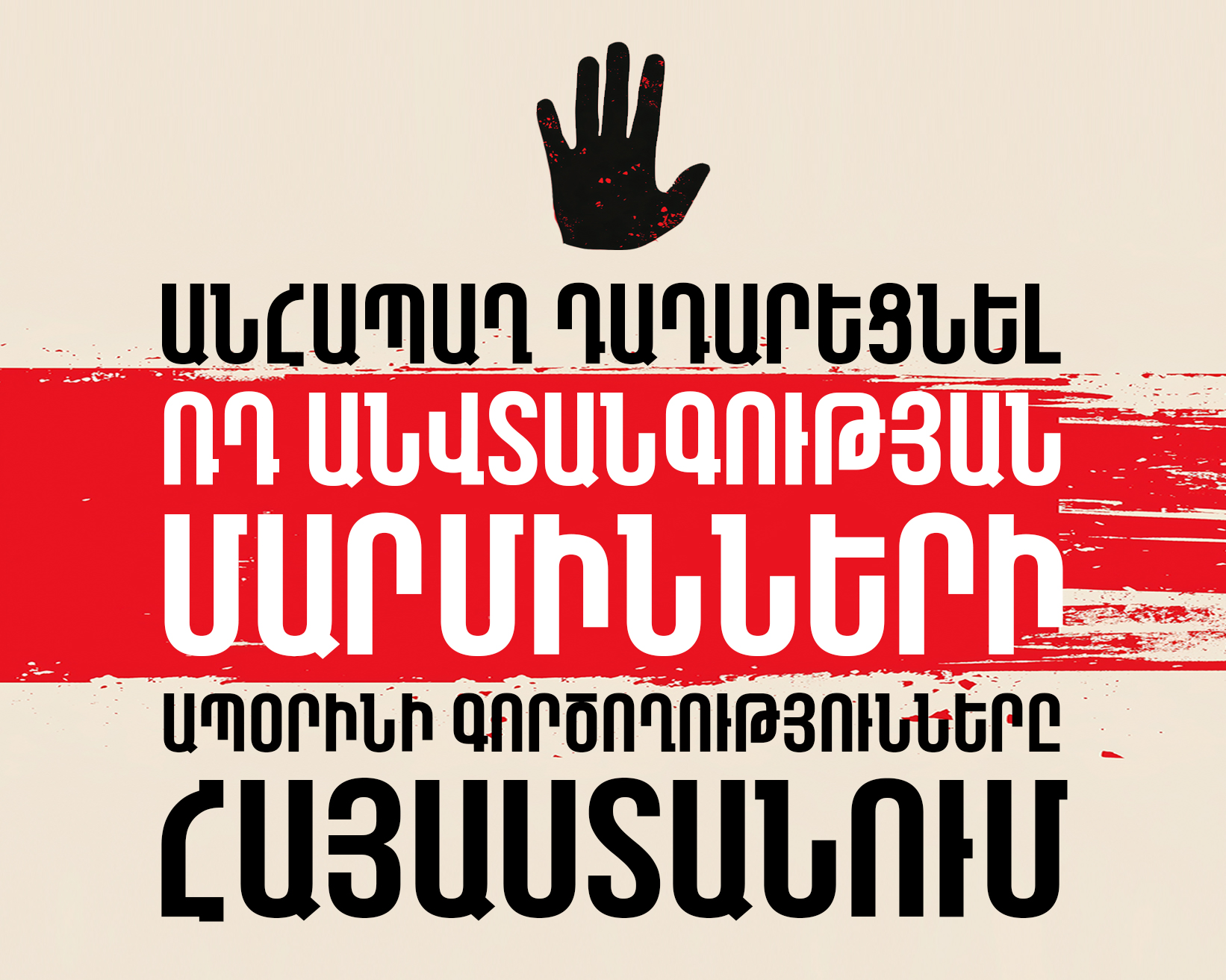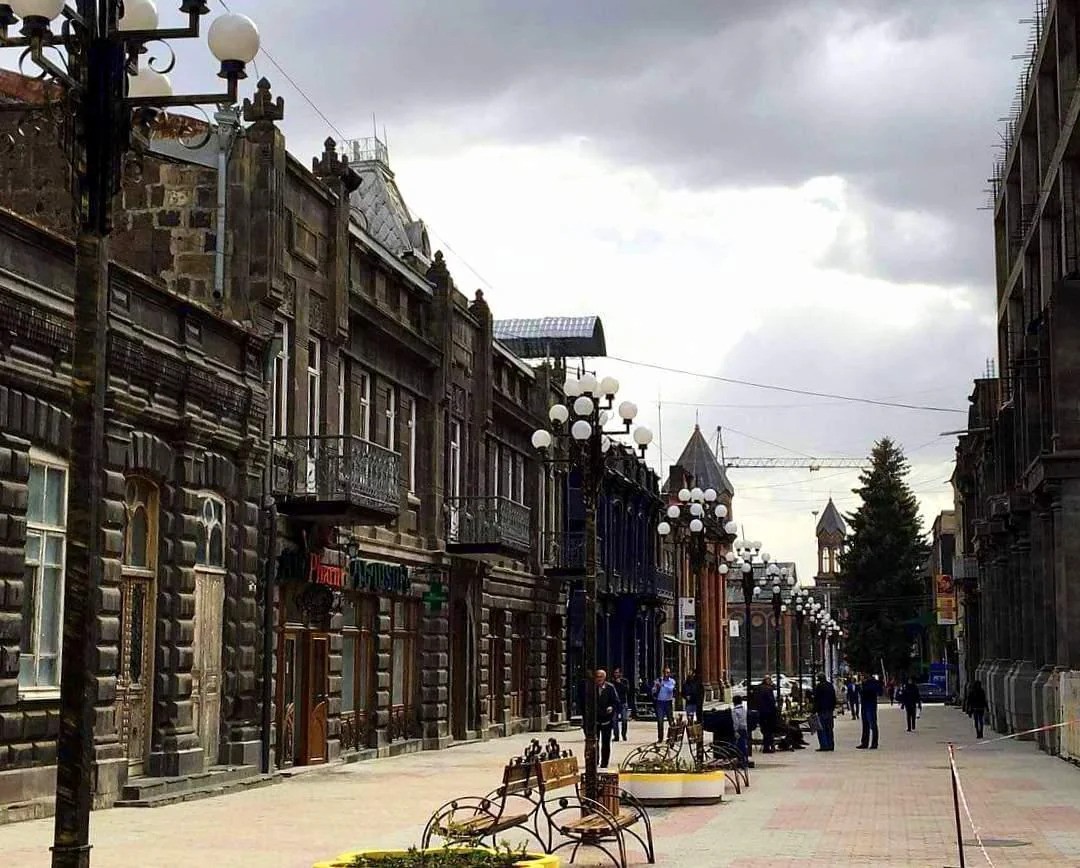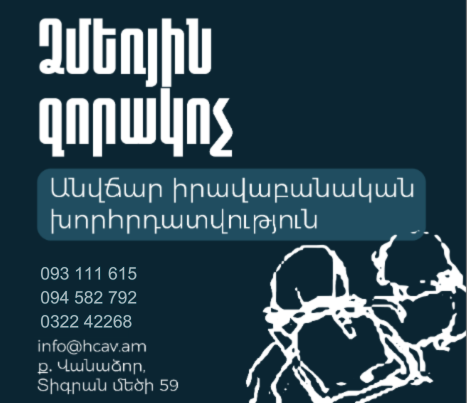




Statement of “Independent Observer” Public Alliance on 2021 snap parliamentary elections

Activities | Reports|Information Papers|Brochures | Electoral Process | Right to Vote and to Participate in a Referendum | Joint | Publications | Civilian Oversight and Monitoring
The “Independent Observer” carried out an observation mission with a team of about 700 people on the voting day of the snap parliamentary elections in the Republic of Armenia.
According to the preliminary results of the elections, three political forces have entered the parliament, namely, the Civil Contract Party, the “Armenia” and “I Have Honor” alliances.
Methodology
From 07:00 am until the end of the voting tabulation process, the mission observed more than 200 polling stations from a total of 2008 polling stations across the country, with 2 observers in each polling station. More than 40 mobile groups of observers operated in Yerevan and in all the provinces. The mission involved about 30 lawyers and 90 other staff members. After 08:00 pm, the alliance observed the work of all 38 Territorial Electoral Commissions, the Central Electoral Commission, the operation of all (about 1,500) cameras installed in the polling stations, and the coverage of the election day in the media.
Major violations recorded
A number of violations were reported by observers in the polling stations observed on election day. In particular, in 52% of the 208 polling stations observed, there were instances of ballots being put in envelopes outside the polling booth, in 30% of polling stations persons entered or attempted to enter the voting booth without having the respective right to do so. In the vicinity of 30% of the observed polling stations, propaganda was carried out in one way or another, the distribution being as follows: 37.5% of the cases in favor of the Armenia Alliance, 15.7% in favor of I Have Honor Alliance, 14% in favor of Civil Contract Party, and 4․7% in favor of Prosperous Armenia Party and the National Democratic Pole.
In 10 percent of polling stations, not all ballots were provided to the voters, and in 10 percent of polling stations, ballots were taken out of the polling station.
Instances of more than one person entering the voting booth were recorded in 31.5% of the observed polling stations (70 polling stations). According to observations, however, there was an intention to control the voting only in 7% of these cases.
As for the violations registered during the vote tabulation session, the vote counting process proceeded largely without violations, but there were arguments and other irregularities in some polling stations. In particular, in 8 polling stations, due to the ignorance of the police or the chairperson of the commission, the entry of the persons having the right to be present at the vote tabulation session was obstructed. In 17 polling stations, the vote tabulation session was interrupted due to incidents.
Unfortunately, serious quarrels and even fights were observed in the polling stations. However, they were sporadic, they took place during the vote tabulation process, and did not affect the expression of will of the voters.
In total, 52 significant violations were registered on election day, of which 9 crime reports and one administrative complaint were filed. During the pre-election campaign, 30 crime reports were submitted to law enforcement agencies.
Voters’ free expression of will
The long-term observation mission conducted by the Independent Observer received numerous reports of distribution of electoral bribes and illegal influence of employers on voters. In particular, there were numerous reports of distribution of electoral bribes by the Armenia Alliance or in favor of the alliance, as well as cases of illegal influence on employees in a number of large enterprises. Such enterprises include Gazprom Armenia, Electric Networks of Armenia, Zangezur Copper and Molybdenum Combine, etc. The compulsion to participate in the pre-election rallies of the same force and to vote for that force was also present in a number of local self-government bodies and their subordinate agencies.
Reports about the use of administrative resources to ensure participation in pre-election rallies and assemblies of the Civil Contract Party were significantly smaller in number.
The aforementioned concerns are exacerbated against the background of numerous cases of violation of the secrecy of voting registered on election day (in this context, we include the practice of not giving the “Civil Contract” ballot to voters in some polling stations). Moreover, taking into account that these violations were latent in nature, and, as a rule, were noticed by observers in rare cases, we can assume that there were many more such cases than recorded. Therefore, in this regard, it is impossible to accurately assess the whole picture. Accordingly, it is also impossible to give an accurate quantitative assessment of what percentage of the country’s voters were not able to express their free will in the voting booths, being constrained by the electoral bribe received or other illegal levers applied.
Results of monitoring of individual agencies
The mission cross-checked for cases of recurrence of the person’s name in the voter lists. No such cases were identified. Nevertheless, a technical error was registered in a number of polling stations in the Lori Province during the compilation of voter lists, which was followed by the police taking the necessary actions to eliminate the consequences.
Throughout the election campaign, Public Television organized a number of televised debates that are not required by law. Moreover, Public TV also offered airtime to the parties at a significantly lower price than the maximum rate stipulated by law, which somewhat reduced the impact of the financial resources possessed by political forces on the election results. Public TV also provided free airtime for both the CEC’s and our social ads.
A number of issues were identified during the monitoring of the activity of the administrative court. In particular, as a result of examining the complaints of Robert Kocharyan and Mihran Poghosyan, the court made obviously unlawful decisions, upholding the groundless lawsuits.
Although about 5 percent of the 1519 video cameras installed at polling stations did not work at the beginning of the election day, that number dropped to about 3 percent during the day. The only mass disruption of the work of the cameras was recorded at around 10:00 pm (about 29% of them did not work for about 15 minutes). This was due to the power outages in a number of areas of the country, and this allows us to record the number of polling stations where power outages occurred.
Statistical analysis of the election results shows that in almost all polling stations the vote count took place without significant deviations. Nevertheless, some isolated polling stations recorded an illogically high voter turnout, which is expressed by a larger than usual number of votes in favor of the Armenia Alliance. In those few polling stations, there may have been falsification of voting results in favor of the Armenia Alliance, which, however, requires further investigation.
Conclusion
The snap parliamentary elections in the Republic of Armenia, in which 25 parties and alliances participated, were held in a competitive environment. Despite the reports of electoral bribes both in the days leading up to and on election day (some of which led to initiating criminal cases), voters were largely free to express their will.
Despite the widespread use of hate speech during the election campaign, discourse against democratic values and human rights principles, they did not have any direct manifestations during the voting, except for clashes in some polling stations and the gunshot fired at MP Arman Babajanyan’s car in the morning.
The unresolved faults in the electoral legislation allowed some of the participating political forces, especially the Armenia and I Have Honor Alliances, the Prosperous Armenia Party, to abuse their financial, economic and administrative resources, as well as allowed the ruling Civil Contract Party to attempt to illegally influence the free will of voters by using administrative resources. These elections clearly demonstrated the need for comprehensive legislative regulations to ensure free and fair elections.
Violations during both the pre-election period and on election day did not have a significant impact on the election results.
Although there was an apparent political will to fight electoral crimes, there is a clear need for systemic and radical changes in the judiciary and law enforcement that will ensure administration of justice and public trust to prevent electoral violations, as well as provide an unquestionable and credible legal assessment of registered violations of the electoral rights and the actions of the violators.
Improper election administration remains a concern․ Due to the poor training of the chairpersons and members of the precinct electoral commissions, the competent, uninterrupted implementation of the electoral procedures was not ensured in some precincts.
We believe that those who have committed electoral crimes should be prosecuted, and, in this regard, the Independent Observer Alliance will carry out follow-up oversight activities. The electoral legislation, the electoral system and electoral administration in the Republic of Armenia need significant reform.
“Independent Observer” mission, represented by:
Helsinki Citizens’ Assembly Vanadzor Office
Union of Informed Citizens NGO
Progress of Gyumri CSDC
Women’s Rights House NGO
Restart Gyumri Initiative Center NGO
Direct Democracy NGO


